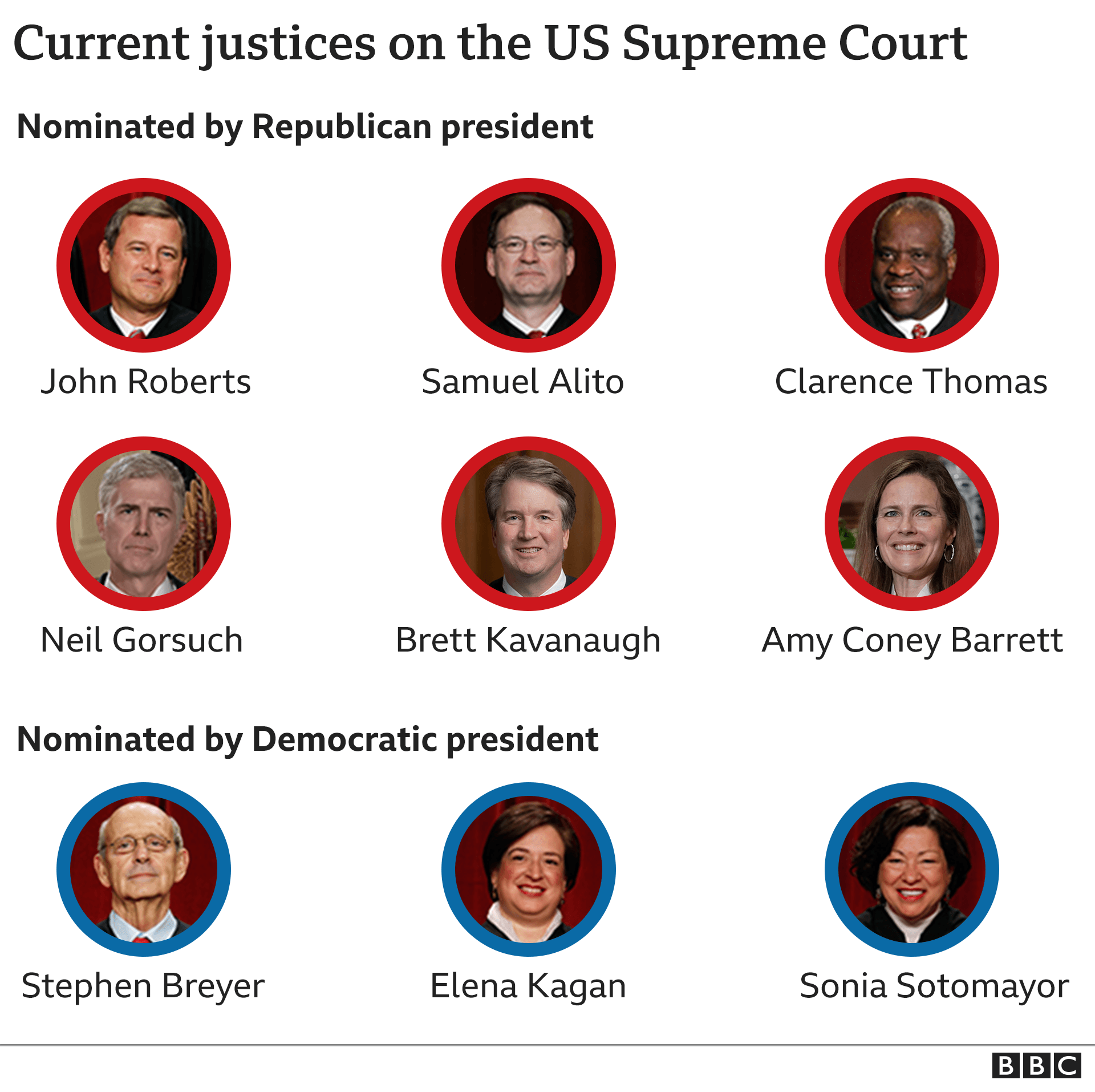The Supreme Court
& The number of Justices
The Supreme court of the United States is one of the most important aspects of the US government's system of checks and balances. While members of the Supreme Court are nominated by the executive branch, and the size of structure of the Supreme Court is generally controlled by the legislative branch, the Supreme Court itself has the authority to check the actions of the other two branches of government; to declare laws made by both the legislative and executive branch unconstitutional. Most importantly, the Supreme Court fundamentally analyzes and makes decisions on court cases; centered around the purpose of interpreting the law and constitution.
The thing about the Court that I find interesting, that I didn't know previously, is that the organization of the Supreme court did not initially exist. The Constitution just said that the Court may exist. Congress was the ones that decided the organizational structure of the Court, limiting the number of Justices; I believe that they are also able to still change the number at any point
After reading the history article, I learned that Congress altered the number of of supreme court seats. Though the first court comprised of six justices, Congress has altered the number of Supreme court seats six times over the years. The lowest number being five and the highest being ten. In 1869, Congress set the number of seats to nine, which is where it has remained until today. I find myself thinking about how everything would be changed if a single seat was added or taken away, because then there would be the possibility of a tie. Since this is the highest court in the United States, what happens then?
Diving into deeper thought, I didn't realize how important the supreme court is until doing further research and trying to figure out what would happen in the event of a tie. They are the final say in a court case, and are one of-if not the only group that can legally deem actions unconstitutional. It's nice to think that they went from being the objective lowest branch, to becoming subjectively the highest- thanks to John Marshall.


Comments
Post a Comment